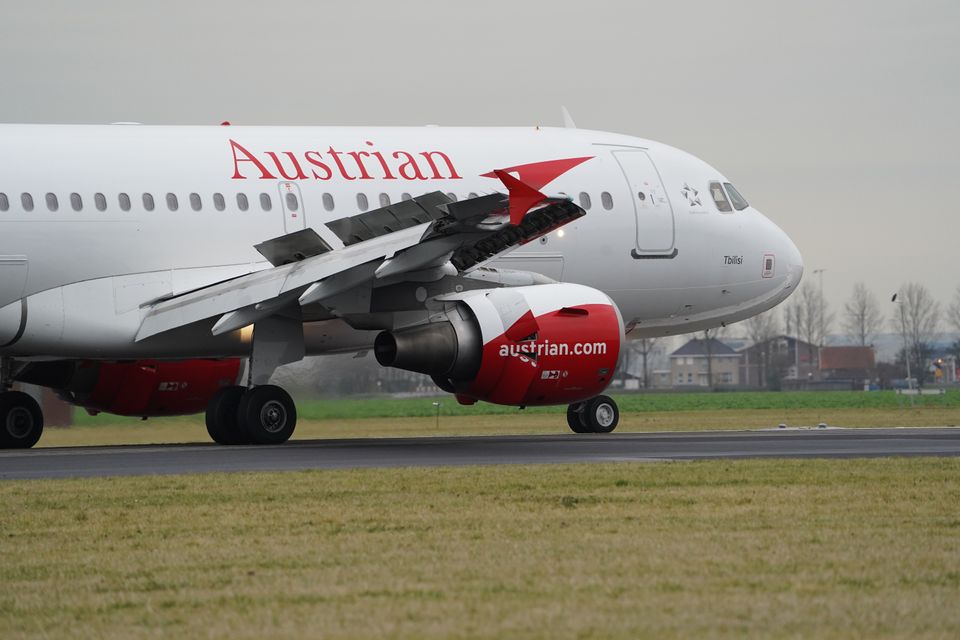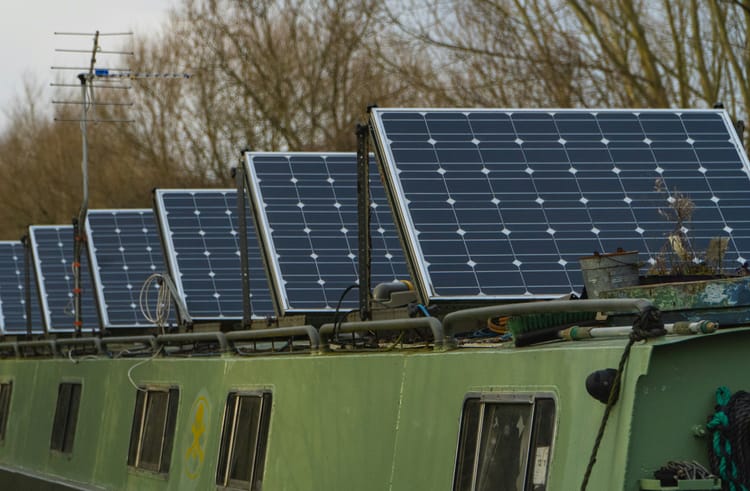Could greenwashing litigation be the end of ‘carbon neutrality’ claims?

Recent greenwashing court cases suggest it is no longer okay for companies to say they are carbon-neutral based on offsets – and essentially redefine the meaning of carbon neutrality.
Austrian Airlines is the latest company in the aviation sector to get a slap on the wrist from advertising watchdogs for claiming to offer “carbon-neutral” flights, joining the likes of Ryanair, Lufthansa, Etihad and KLM. In late September Austrian was forced to make public a court ruling rendered in June, which banned the company from advertising “carbon-neutral” flights based on the partial use of Sustainable Aviation Fuel (SAF) and carbon offsets.
What started in 2020 when the UK’s Advertising Standards Authority (ASA) prohibited Ryanair from advertising itself as the “lowest emissions airline” is now a definite trend in the aviation industry. As of early October 2023, 17 European airlines are the target of a complaint by consumer organisation BEUC, which is asking for a Europe-wide investigation into greenwashing practices. Separately, KLM is facing a lawsuit for misleading environmental claims in Europe, Etihad is embroiled in greenwashing litigation in Australia, and in the US, Delta Airlines faces a historic greenwashing class action lawsuit for selling “carbon-neutral” flights.
The crackdown on airlines’ sustainability claims makes sense, since aviation accounts for 2% of the global carbon footprint, with emissions expected to rise along with the growth of passenger travel. SAF is widely seen as the most promising technology to decarbonise the sector, and is expected to bring 65% of the reduction in emissions needed by aviation to reach net zero by 2050. Produced mostly from waste (oil and fat, municipal waste and non-food crops), SAF generates 80% less emissions than kerosene, but in 2022, it only made up about 0.1% of the industry’s fuel supply. It is therefore completely impossible for any airline today to claim to be sustainable.
Is carbon neutrality greenwashing?
But what’s interesting about the recent lawsuits is that many of the rulings associated “carbon-neutral” claims with greenwashing. Historically, carbon neutrality has been defined as “a balance between emitting carbon and absorbing carbon from the atmosphere in carbon sinks”, such as those developed by carbon offsets projects.
Until recently, carbon neutrality was the preferred climate targets of the wide majority of companies: since it did not specify how much carbon had to be eliminated through reduction measures as opposed to offset through carbon credits, it was rather easy to achieve.
When net zero targets began to appear, the two phrases were sometimes confused, until 2021, when the Science-Based Targets Initiative clarified that to be considered net zero under its standard, companies could only offset up to 10% of their emissions through carbon credits. This threshold clearly set net zero apart from carbon neutrality, which remained looser in its reduction targets.
To this day, many companies are sticking to their carbon neutrality targets. Some do so by choice: Apple, for example, plans to reduce its carbon footprint by 75% and offset the remaining 25% through carbon credits. Others, like Amazon, may be forced to revert to carbon neutrality targets if their net zero plans are not approved by the SBTi. (Or they could decide to adopt their own definition of net zero, like Salesforce.)
Carbon neutrality: an uncertain future
But regulators are making it clear that it is no longer okay for companies to call themselves carbon neutral without being specific on how exactly they have achieved this. And while most of the litigation so far has happened in the aviation sector, new laws are set to prohibit companies across all parts of the economy from making unsubstantiated claims.
In September 2023, the EU Parliament announced plans to ban greenwashing in advertising, which includes “claims based on emissions offsetting schemes that a product has neutral, reduced or positive impact on the environment”. Earlier this year, the ASA also updated its guidance on claims, saying that “where claims are based on offsetting, they should comply with the usual standards of evidence for objective claims set out in this guidance, and marketers should provide information about the offsetting scheme they are using”.
It’s clear that carbon neutrality claims based entirely on carbon offsets are on their way out, but it remains to be seen what percentage of emissions offsetting will be deemed acceptable in the coming years – or whether carbon neutrality in and of itself will still be considered an acceptable climate target.
For Lydia Sheldrake, Director of Policy and Partnerships at the Voluntary Carbon Market Integrity Initiative (VCMI), recent greenwashing cases are simply highlighting the need for more transparency around voluntary offsetting. “The concern that has been underpinning many of the greenwashing accusations is that the use of credits gives a free pass for companies to continue business as usual and continue to pollute. That's not credible,” she told CSO Futures.
However, she pointed out that research is showing that companies that are making good progress on internal reductions are also buying more credits (CSO Futures referenced a report by Trove Research that made this exact point in this carbon offsets article). “So it really can and must be an ‘and’ story: making progress on internal reductions and buying carbon credits, rather than an either or story, which is the most traditional concern around offsetting,” she added.







Member discussion